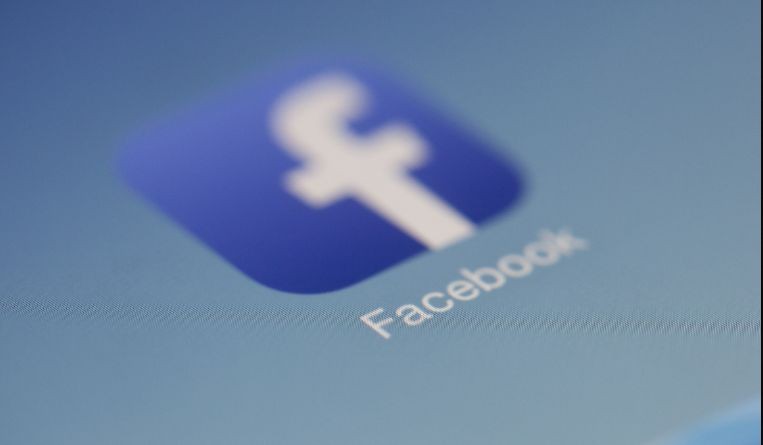Facebook Faces Trademark Infringement
12 August 2022

Meta a 12-year-old startup that creates immersive experiences and also is in the business of Virtual reality filed suit in federal court against the company formerly known as Facebook for changing its name to Meta. Meta is claiming trademark infringement, unfair competition, and damage to its brand. In addition, Facebook recruited artists Meta previously worked with to create immersive experiences, luring away some of its biggest customers
According to Govind k Chaturvedi a Privacy law, AI law, Social media law, and IPR Law specialist, the basis for this trademark case is legitimate as both the companies are drastically identical and operate in the same spheres- “offering multi-sensory live experiences to engage audiences and consumers” and have the same goal: social immersion in virtual spaces.
"Also, Meta was the prior user of this technology," he says. "Suddenly, Meta found itself competing at the same conferences and for the same customers because of which Meta’s business has been “irreparably and irrevocably harmed.”Meta can no longer provide goods and services under the Meta mark because consumers are likely to mistakenly believe that Meta’s goods and services emanate from Facebook. Also, Facebook has become a direct competitor of Meta with full knowledge of Meta’s reputation and the goodwill that Meta had built around the META Mark in the Industry which is supported by Meta’s claim that Facebook first approached the plaintiff in 2017 about potentially collaborating on immersive and experiential projects, which means that it already knew of meta’s existence and its area of work."
He adds that this is an issue of reverse confusion where the plaintiff is the “senior user” of the mark (meaning it was the first to use the mark) and is not as well-known as the defendant, which is the “junior user” of the mark.
“The paradigm case of reverse confusion is that of a knowing junior user with much greater economic power who saturates the market with advertising of a confusingly similar mark, overwhelming the marketplace and value of the senior user’s mark.” he says. It’s like a giant corporate saying, ”I’m going to own this mark now and I’m going to do business with this regardless of the fact that you were here before me”.
Unless the senior user's mark is conceptually strong – that is, fanciful or arbitrary – and the junior user's mark is commercially strong – that is, widely known to consumers due to extensive marketing, promotion and advertising of goods under the mark – courts are unlikely to sustain a claim for reverse confusion.
He adds, "In this case, since Meta, the senior user does not have an arbitrary mark as Meta denotes something of a higher or second-order kind or refers to itself or to the conventions of its genre; which embodies the idea of the company and the junior, meta is commercially strong and widely known due to its various social media platforms, there is a high chance that courts will sustain the claim for reverse confusion."
For Facebook to avoid such infringement, Chaturvedik says that Facebook could have used fanciful marks which are marks with no recognized meaning in the dictionary.

"These are the strongest Marks because a consumer will not have any other association with the Mark other than as a source identifier," he says. "Also, since a trademark owner has an obligation to police the marketplace for infringement of the trademark, policing fanciful marks is a lot simpler than monitoring the marketplace for the other types of trademarks. Moreover, it is less likely that you will discover unauthorized use of this type of mark because you made it up and used your imagination to create the trademarked term."
He adds some points to consider.
Any entity, before starting a new brand or renaming itself should conduct due diligence, i.e., it should engage in legal research and hire lawyers that can help it in assessing all the risks associated in adopting a new name that could possibly lead to trademark infringement.
It must do thorough market and trademark research to make sure whether the name it is contemplating has not been marked by any other company or entity.
The Trademark database should be well searched and if similar marks are found, then the features that can cause infringement like appearance, sound, concept, etc. need to be analyzed.
The strength of the trademark should be checked as lesser is the strength of the trademark; it is more likely to be infringed.
Existing confusion among consumers related to the contemplated trademark should be learned
- Excel V. Dyquiangco






